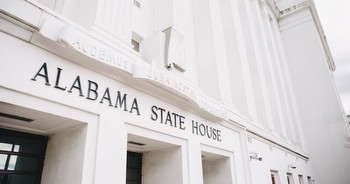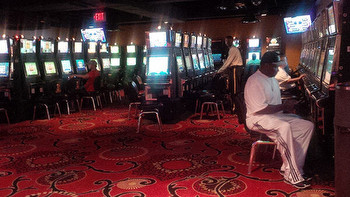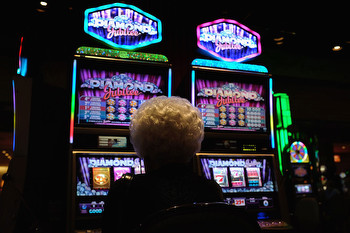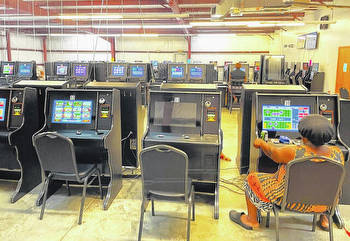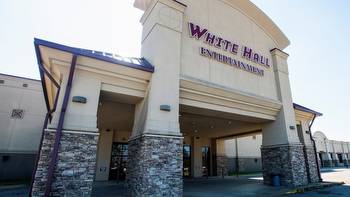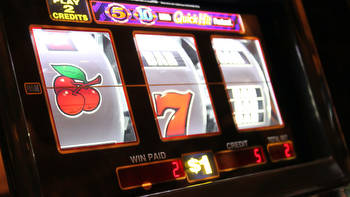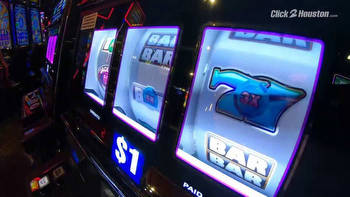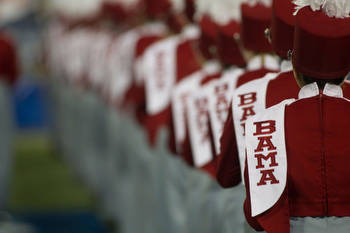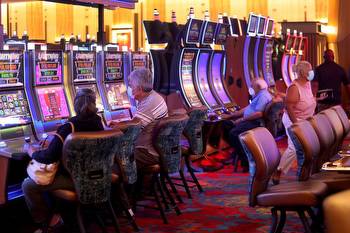VictoryLand, other casinos soon must stop offering electronic bingo

Three Alabama casinos will soon have to halt their gambling operations, based on an Alabama Supreme Court ruling released Friday morning.
The Alabama Supreme Court unanimously ruled that VictoryLand Casino, White Hall Entertainment and Southern Star Entertainment are operating illegal electronic bingo machines and called the facilities a “public nuisance.” The court ordered Lowndes and Macon County circuit courts to issue injunctions that would prohibit the use of electronic bingo machines at the casinos within 30 days of the order.
The forthcoming injunction in Macon County against VictoryLand is preliminary, which will prohibit electronic bingo until further court order, while the forthcoming Lowndes County injunction will permanently prohibit electronic bingo at White Hall and Southern Star.
Attorney General Steve Marshall responded to the ruling in a statement sent Friday afternoon, calling electronic bingo "a misnomer used by the casinos to mean 'video-slot-machine gambling.'"
“The Alabama Supreme Court’s opinion makes clear what my office has maintained from the start: these gambling enterprises are not only patently illegal under Alabama law, but also a menace to public health, morals, safety, and welfare,” Marshall said. “Today’s decision will forbid the Southern Star, White Hall, and Victoryland casinos from offering their slot-machine gambling to the public.
The ruling comes after circuit courts in the counties denied the Alabama Attorney General’s Office requests for injunctive relief against the casinos. The AG’s office sued the facilities, as well as some law enforcement and city officials, in a pair of lawsuits in 2017, claiming that lack of prosecution by local law enforcement necessitated state action.
The AG’s office, Gov. Kay Ivey and others contacted Lowndes County Sheriff Andre Brunson in September 2016, calling for him to investigate White Hall Entertainment and Southern Star Entertainment.
“In reply, the sheriff noted the lack of any public complaint regarding the Lowndes County defendants' operations, his alleged inability -- due to a purported lack of both ‘manpower’ and funding -- to undertake a related investigation, and a conflict of interest that "preclude[d] him from any further involvement with the investigation and/or prosecution of the alleged illegal bingo activity in Lowndes County,” the court wrote.
Requests for comment by phone and email were sent early Friday afternoon to the three facilities and their attorneys listed in online court records. Additional messages were sent to the casino’s social media pages around the same time. None of the requests for comment have been returned, as of publication.
The ruling is the latest in Alabama’s decade-long saga concerning electronic bingo machines. The court hoped to finally put the issue to bed in 2016 when it ruled that electronic bingo was not protected under local amendments allowing the practice of “charity bingo.”
“It is the latest, and hopefully the last, chapter in the ongoing saga of attempts to defy the clear and repeated holdings of this Court beginning in 2009 that electronic machines like those at issue here are not the 'bingo' referenced in local bingo amendments,” the court wrote in 2016. “It is the latest, and hopefully the last, chapter in the failure of some local law-enforcement officials in this State to enforce the anti-gambling laws of this State they are sworn to uphold.”
The court ruled in this case that photo, video and testimonial evidence collected by agents in the AG’s office showed that the electronic bingo games available at the casinos do not meet the standards of “bingo” that the court defined in a six-part checklist in 2009.
Attorneys for the casinos didn’t try to prove the supposed legality of their gaming operations, but instead insisted that the state couldn’t meet the legal burden of proving that the facilities were causing irreparable harm by offering electronic bingo.
“The Macon County defendants also presented testimony from numerous other witnesses, each of whom testified that charitable contributions and taxation revenue stemming from the proceeds of the Macon County operations were essential to providing services necessary for the health, safety, and welfare of Macon County residents,” the court wrote.
White Hall Entertainment wrote in court filings that an injunction would cause “potential irreparable harm and damages that could equal to millions of dollars."
The court pushed back, saying that the casinos do not have a right to run an “illegal enterprise.”
“The defendants have no right to engage in, and, thus, cannot be harmed by being enjoined from continuing in, an illegal enterprise,” the court wrote.
Your subscription makes our journalism possible. .










